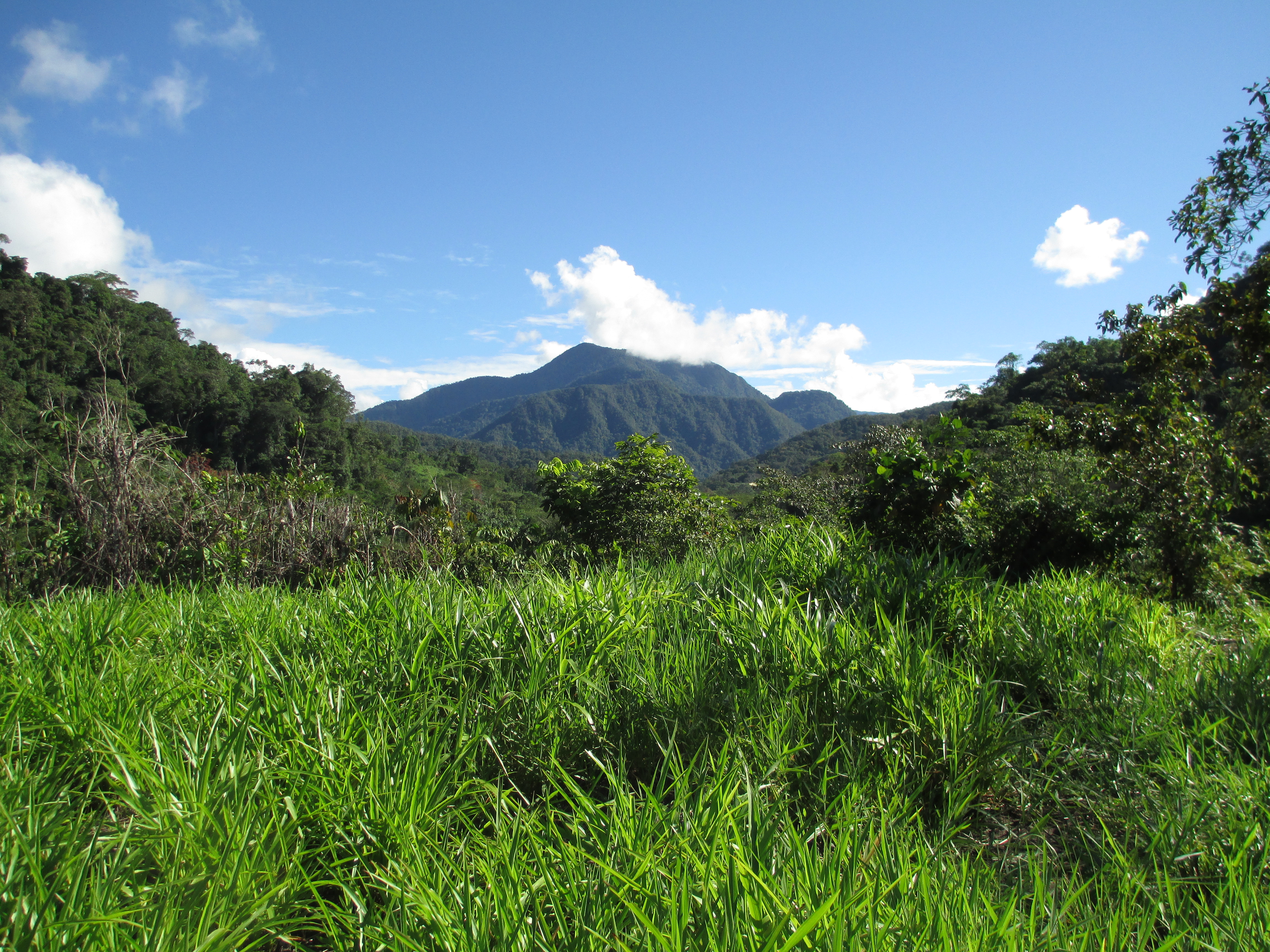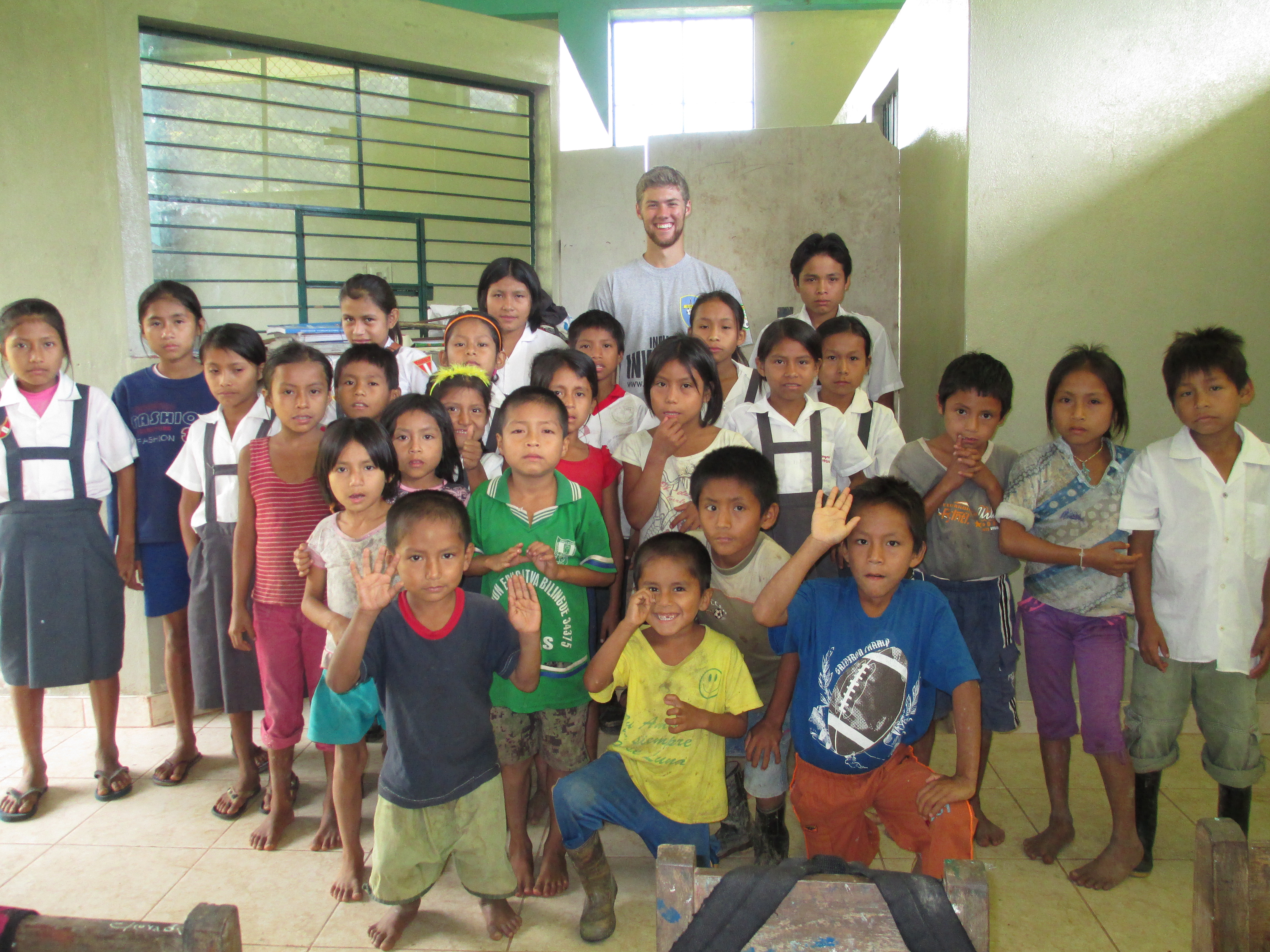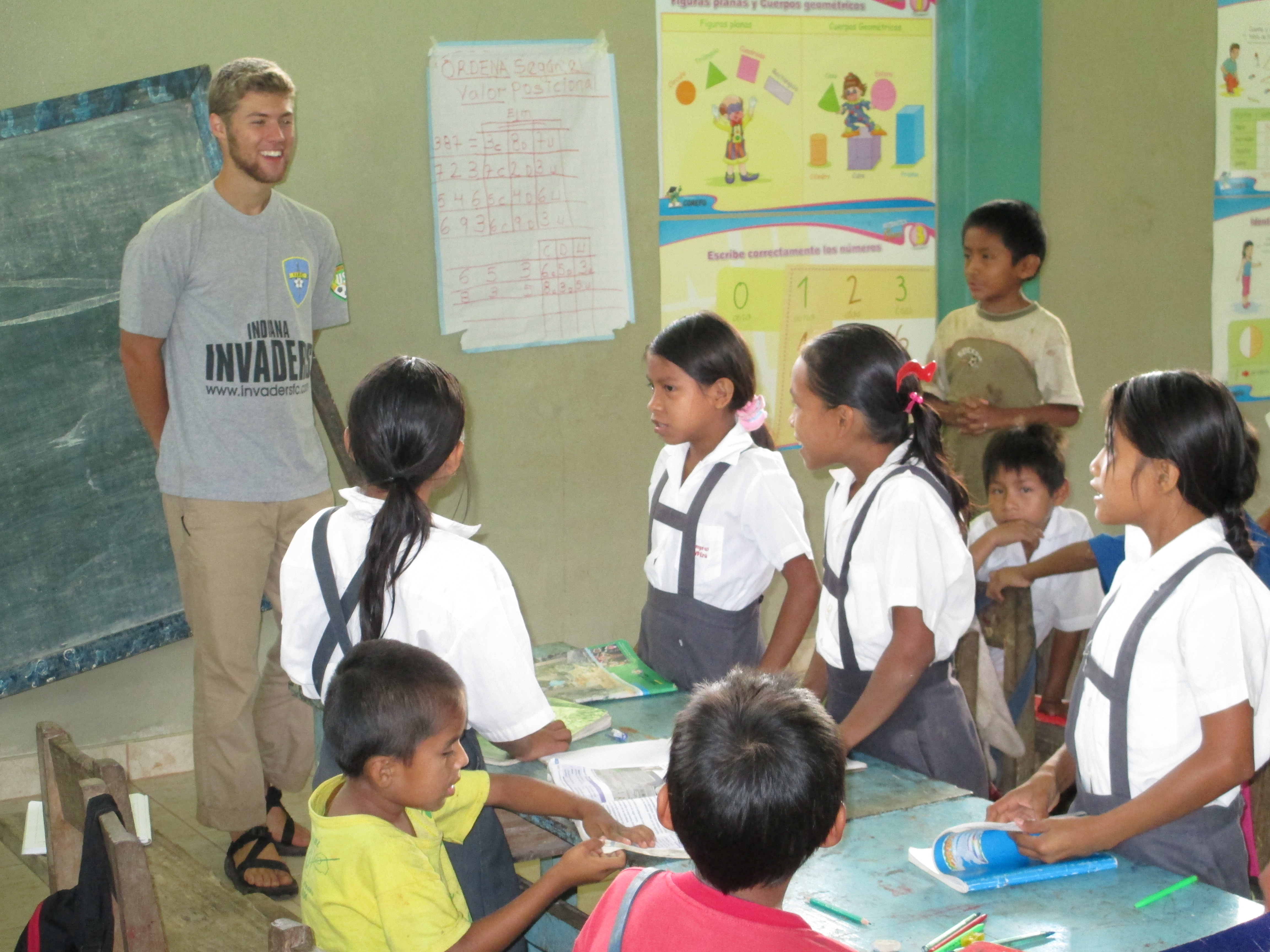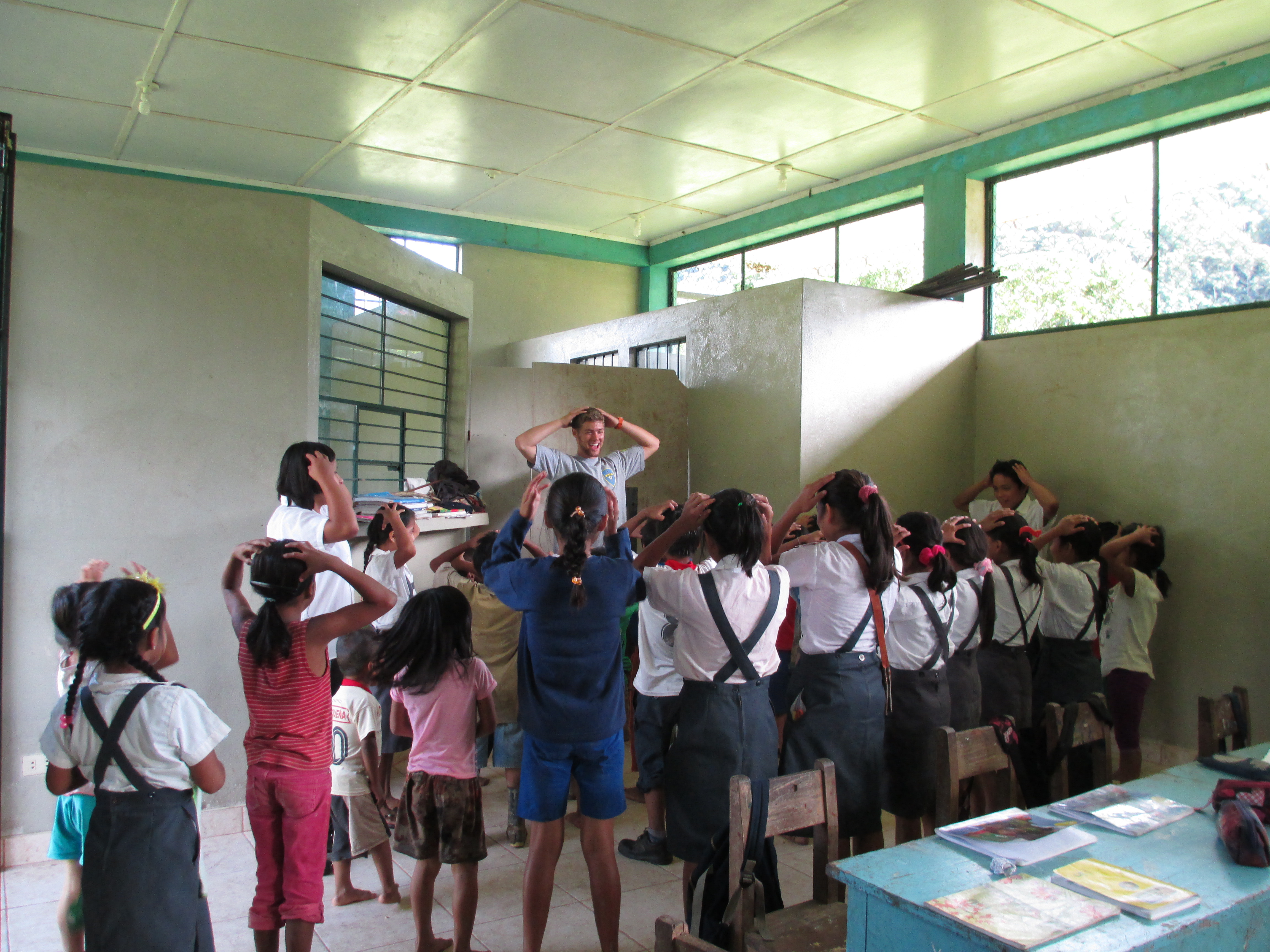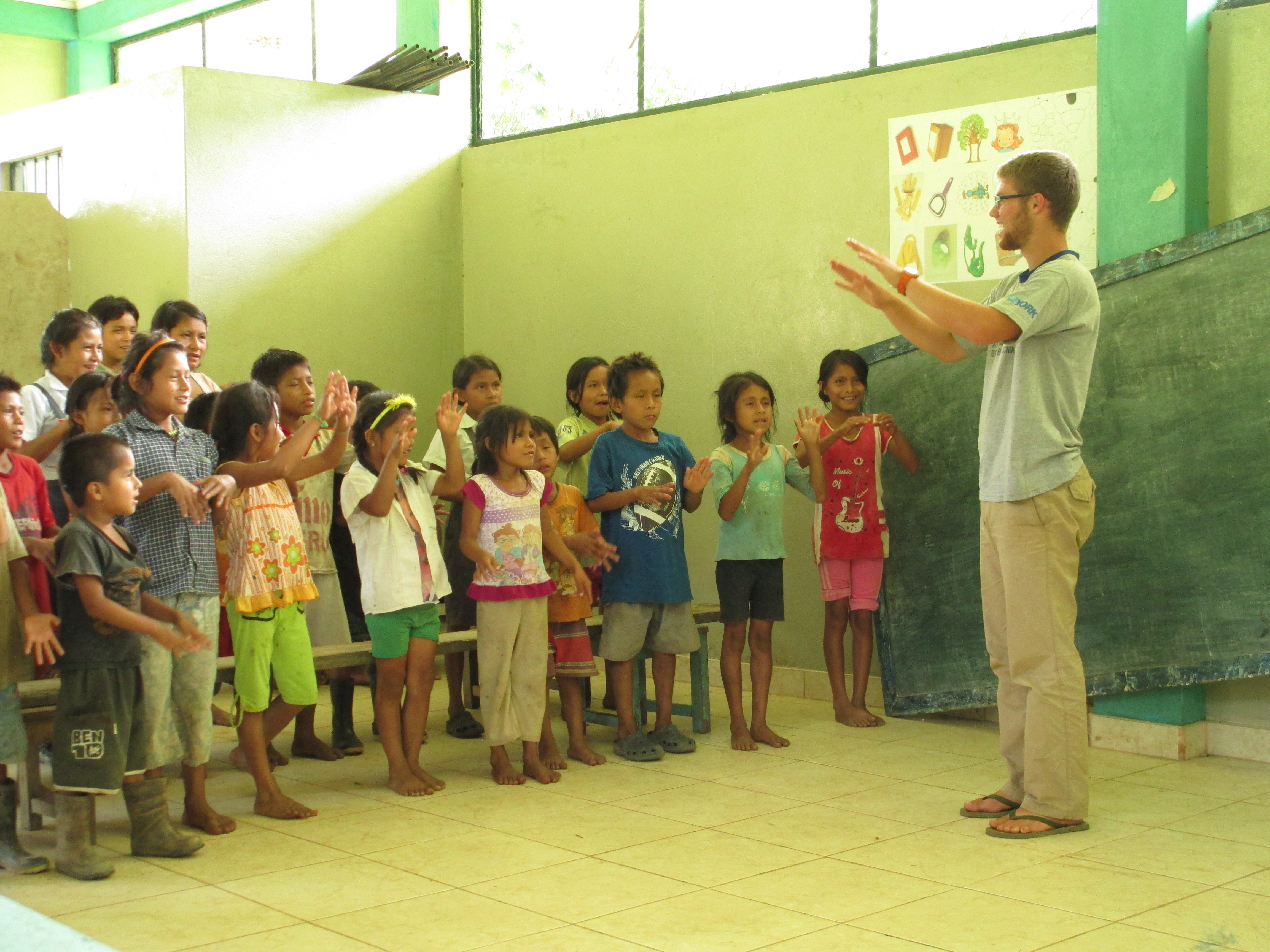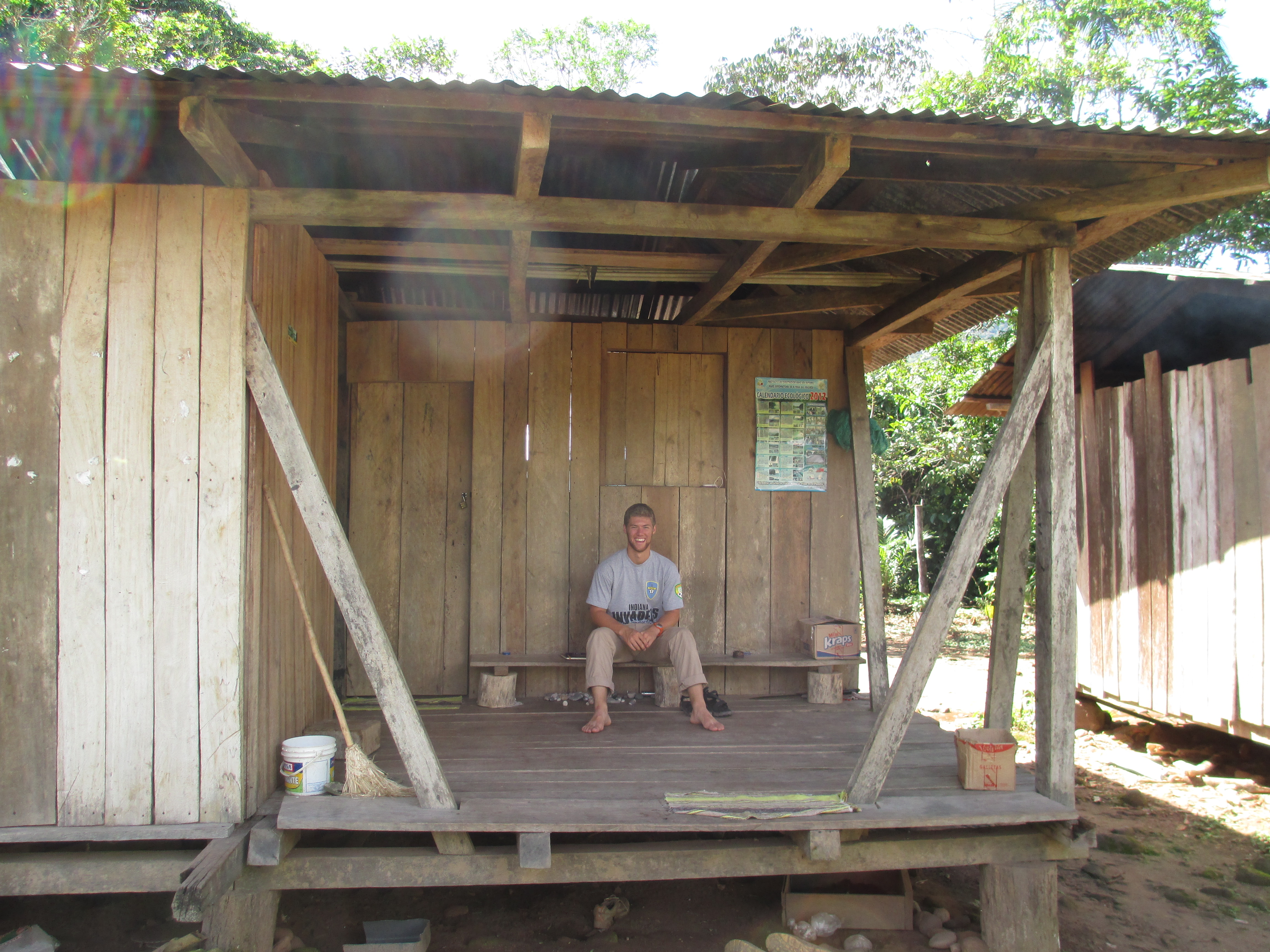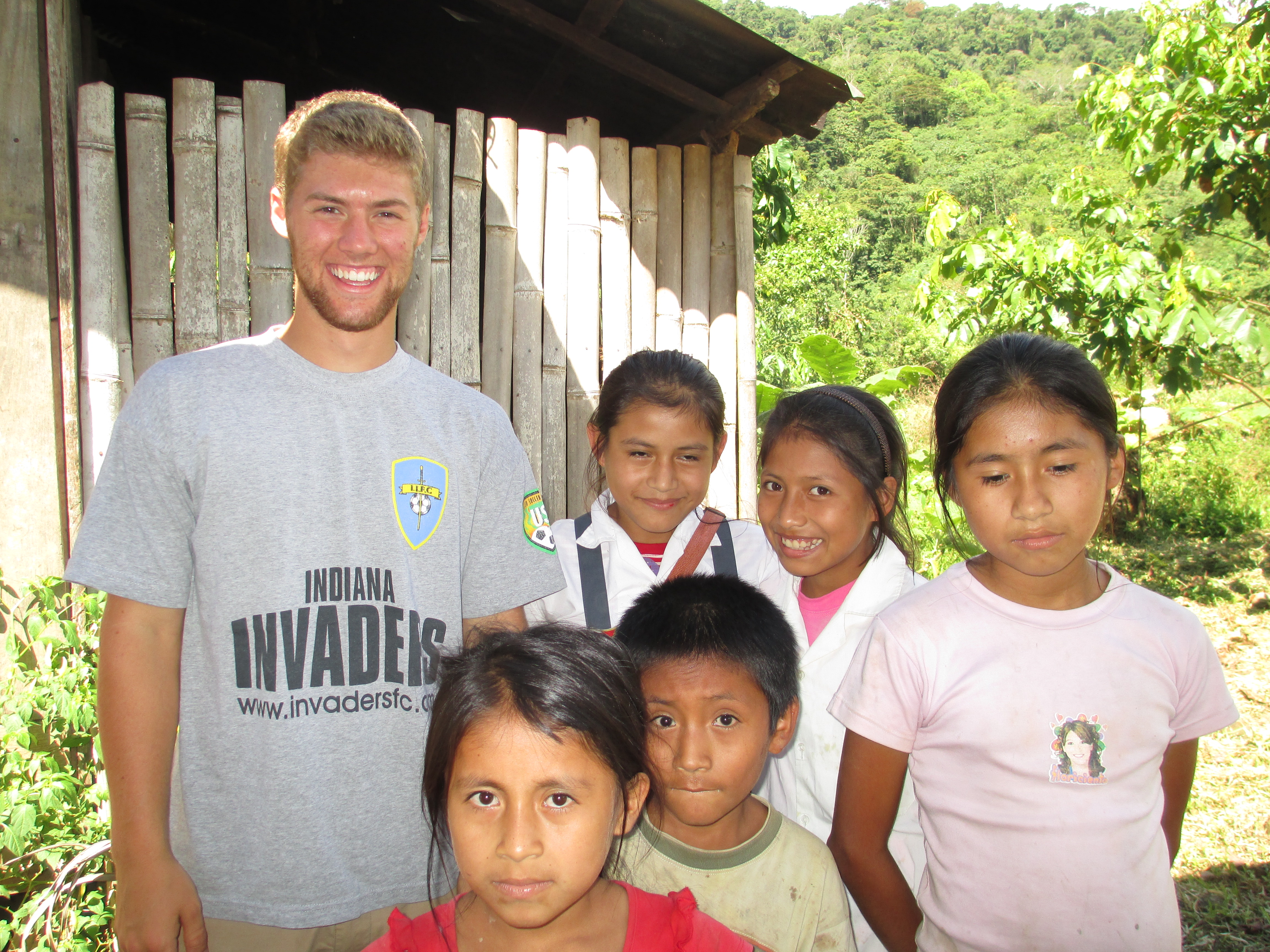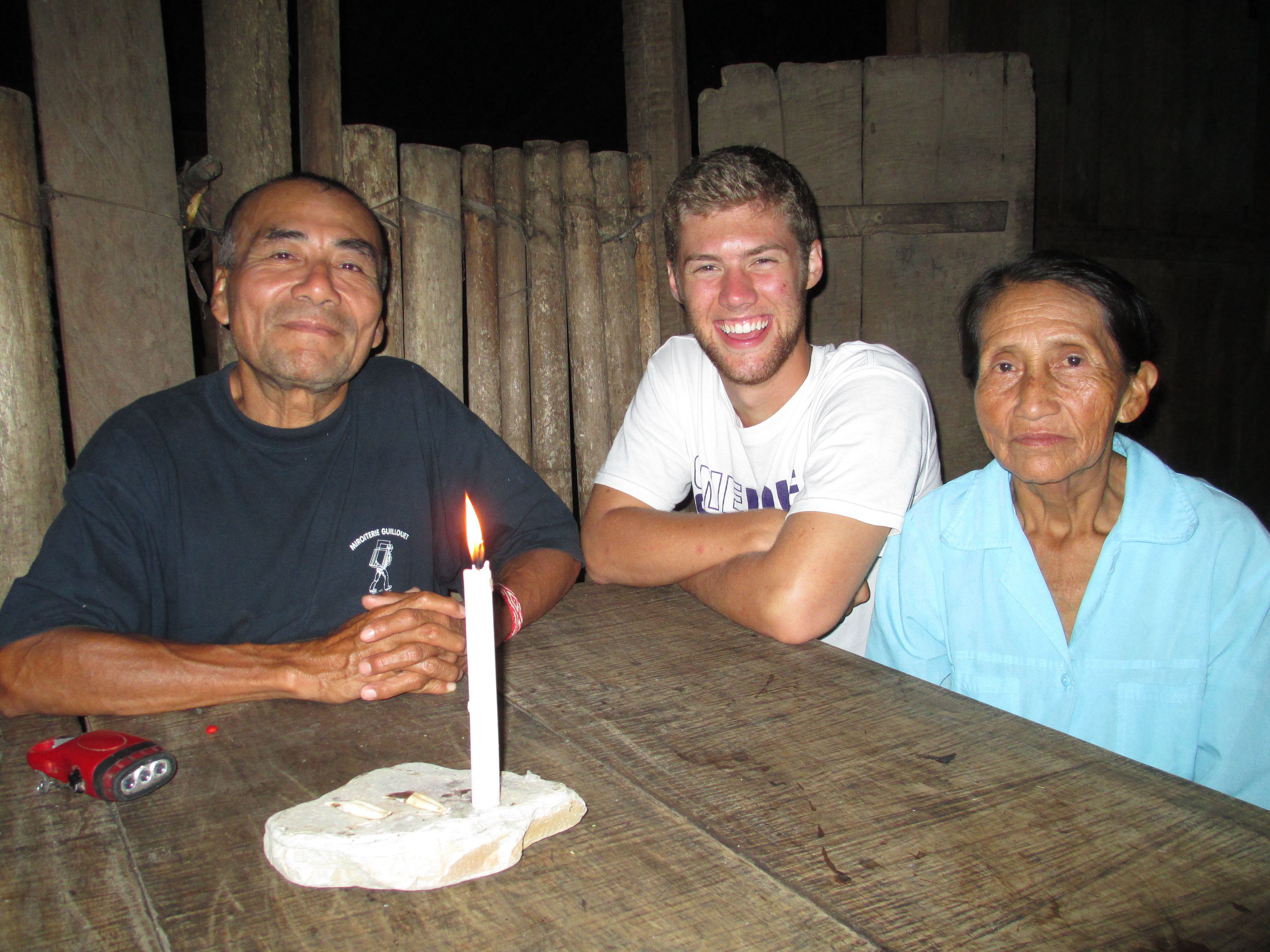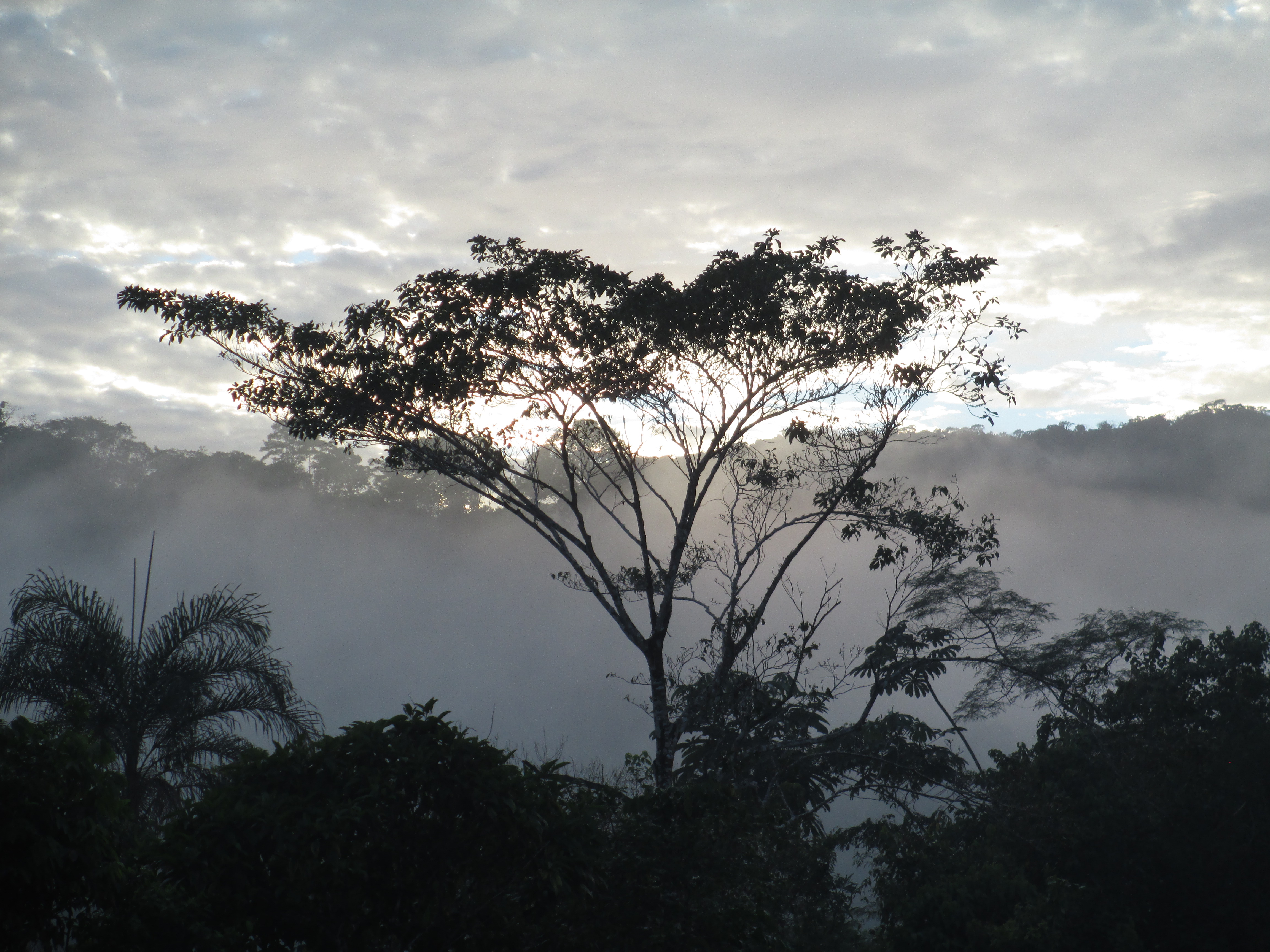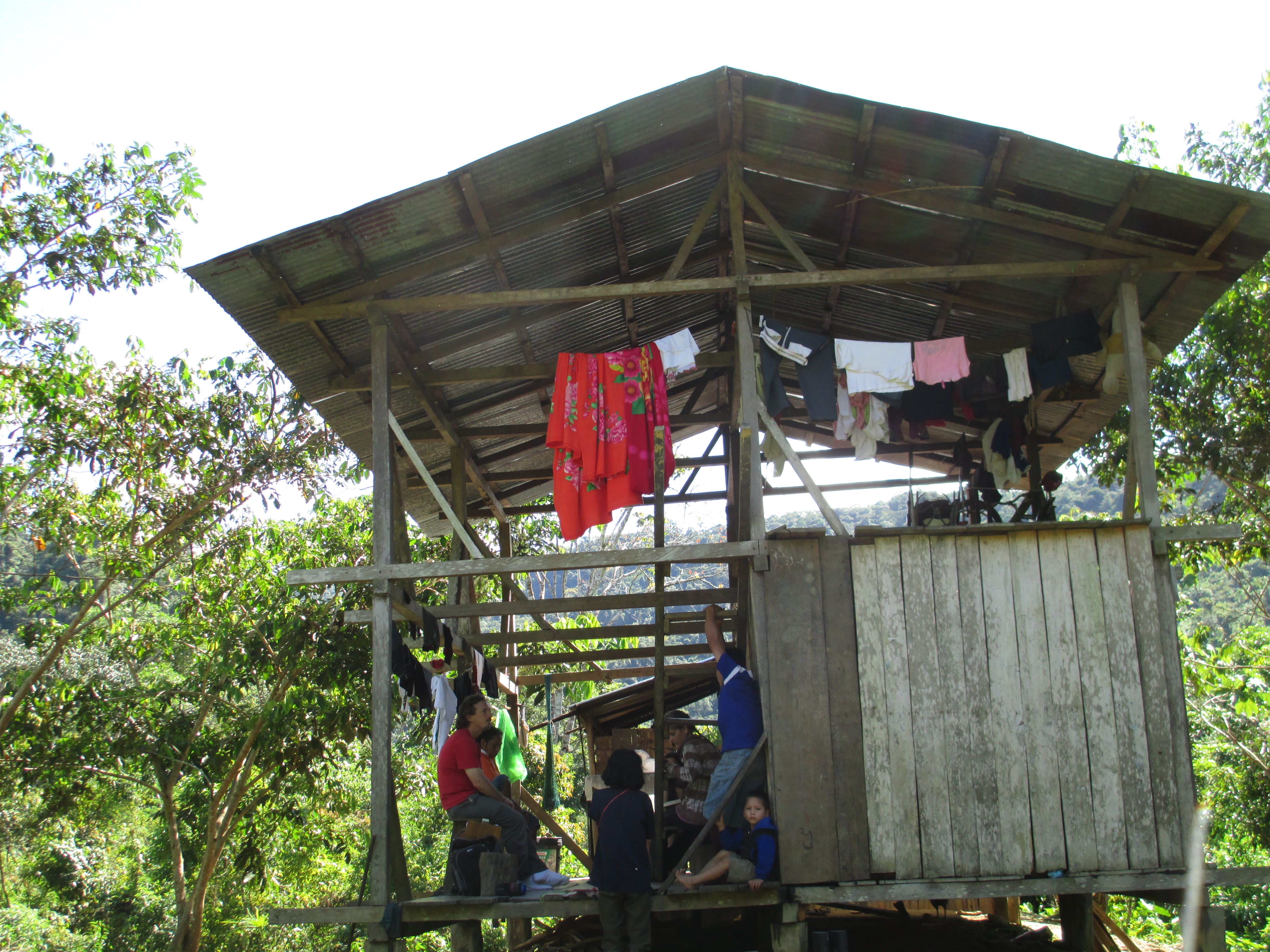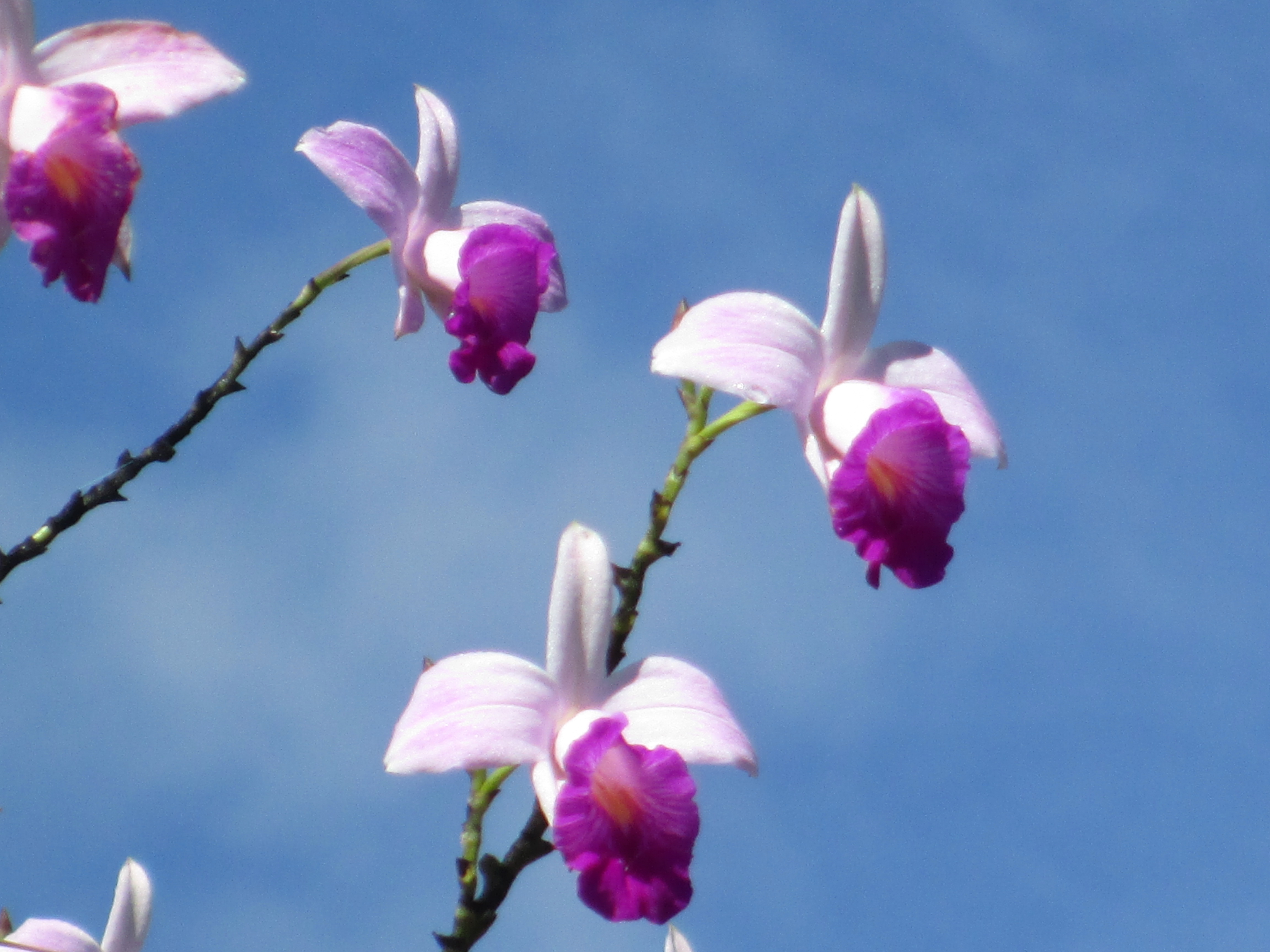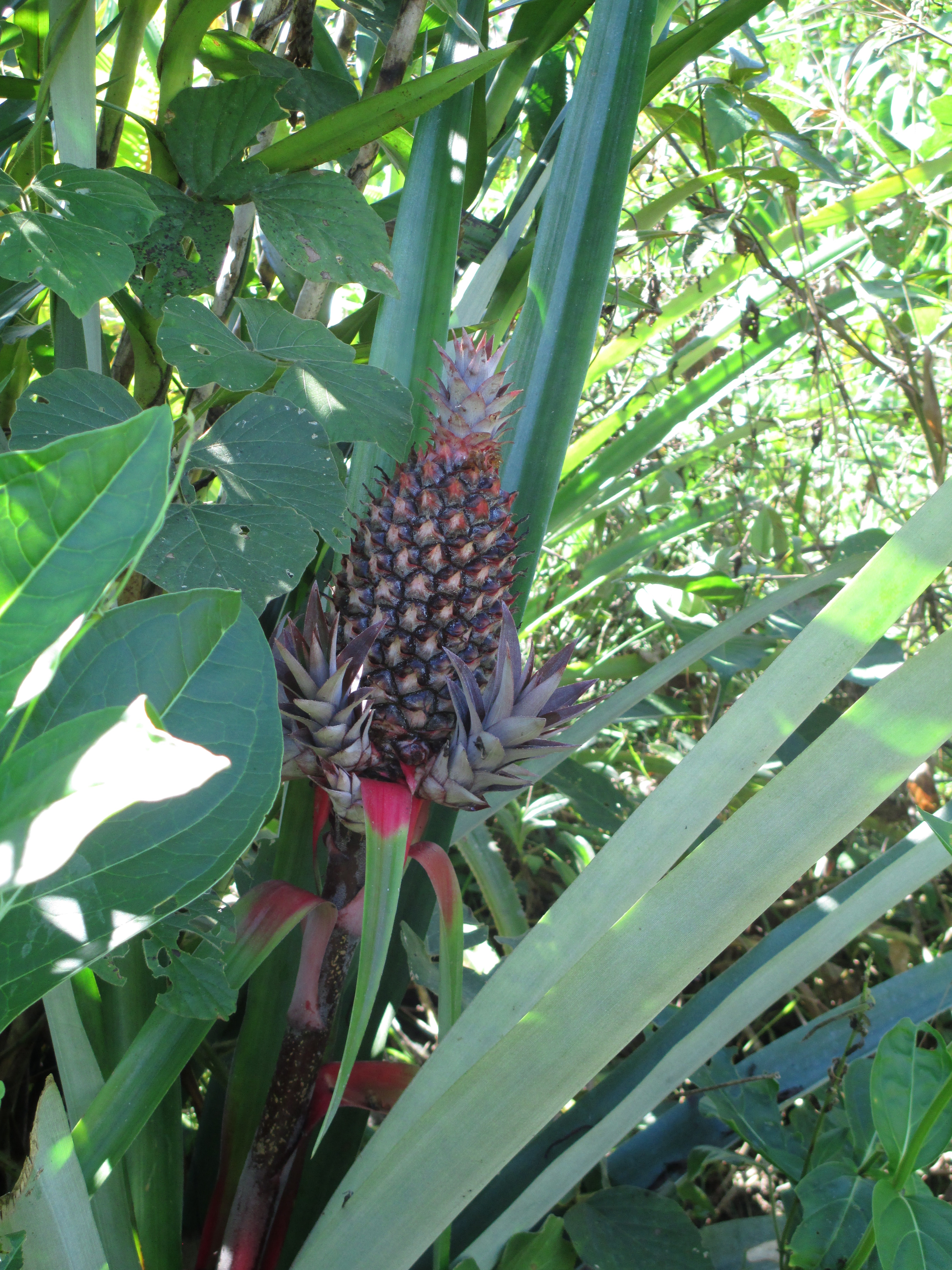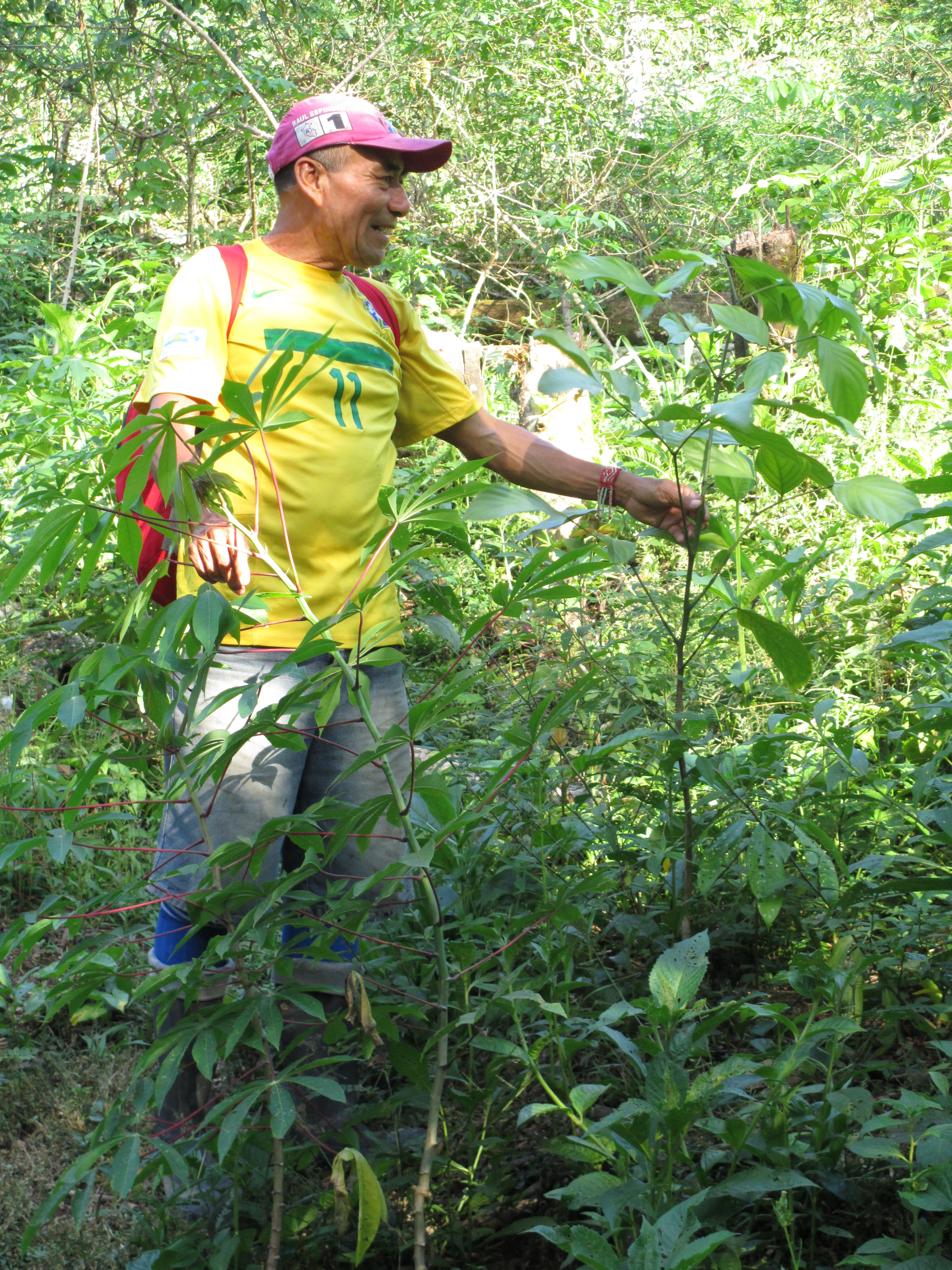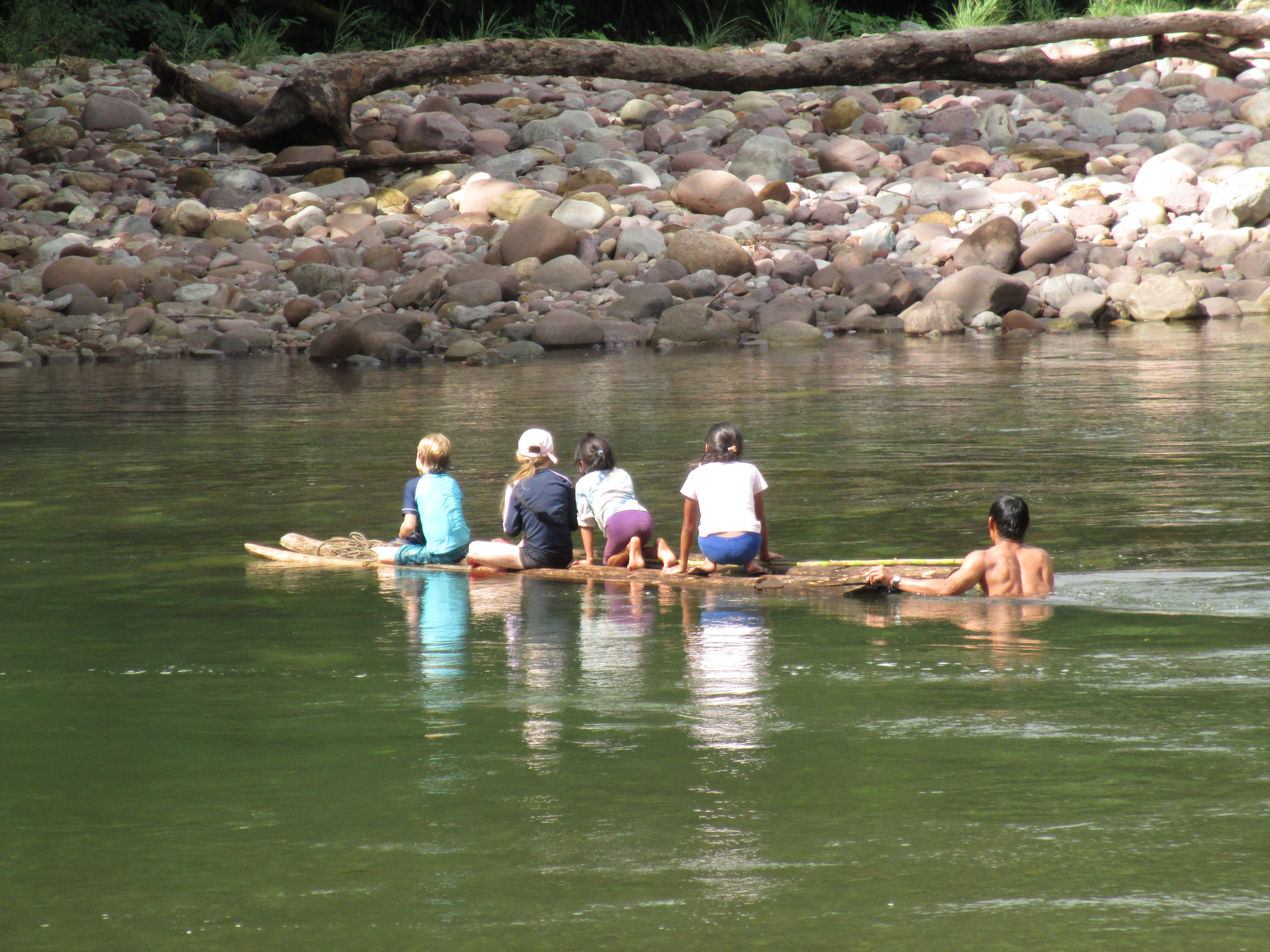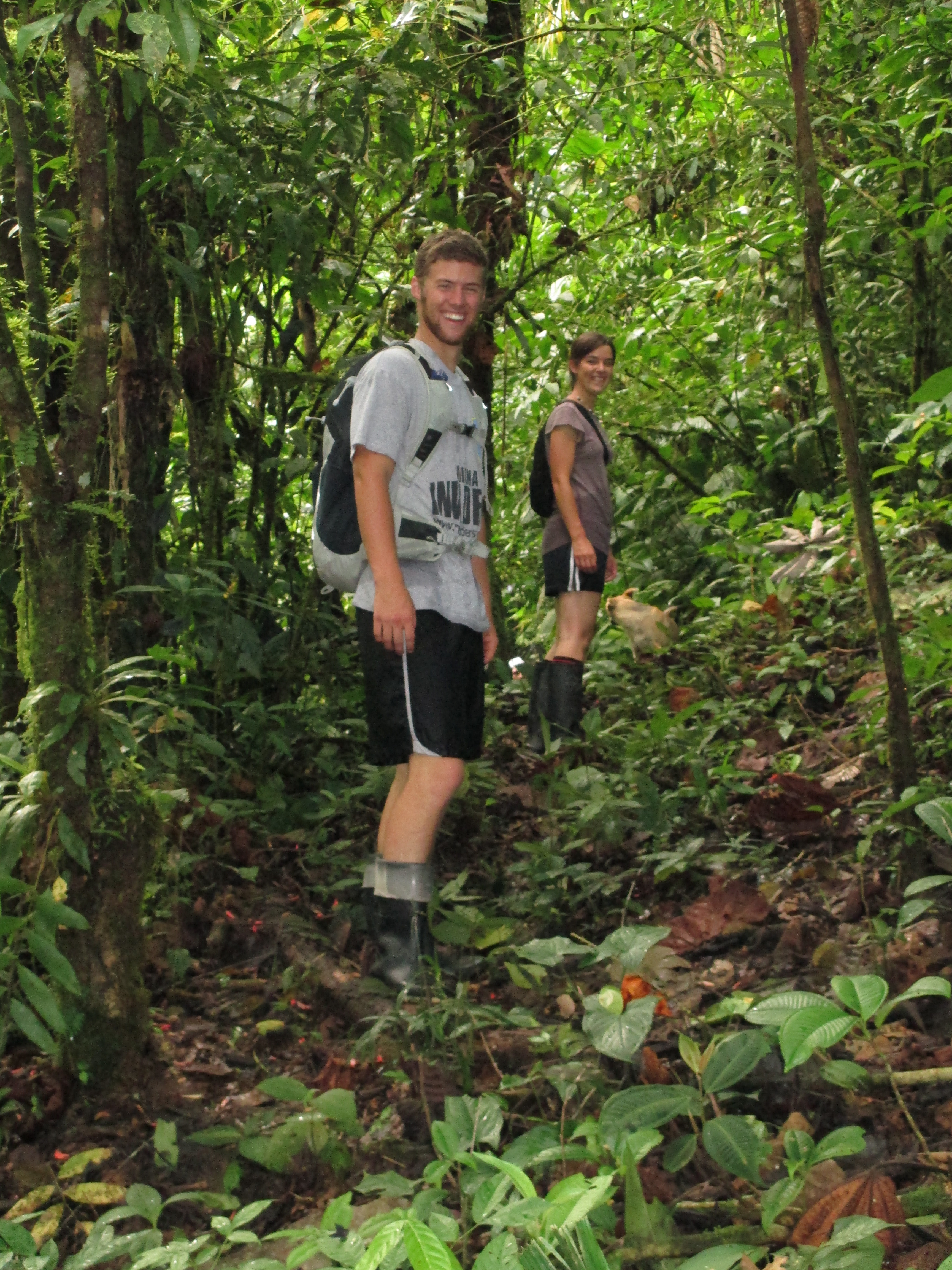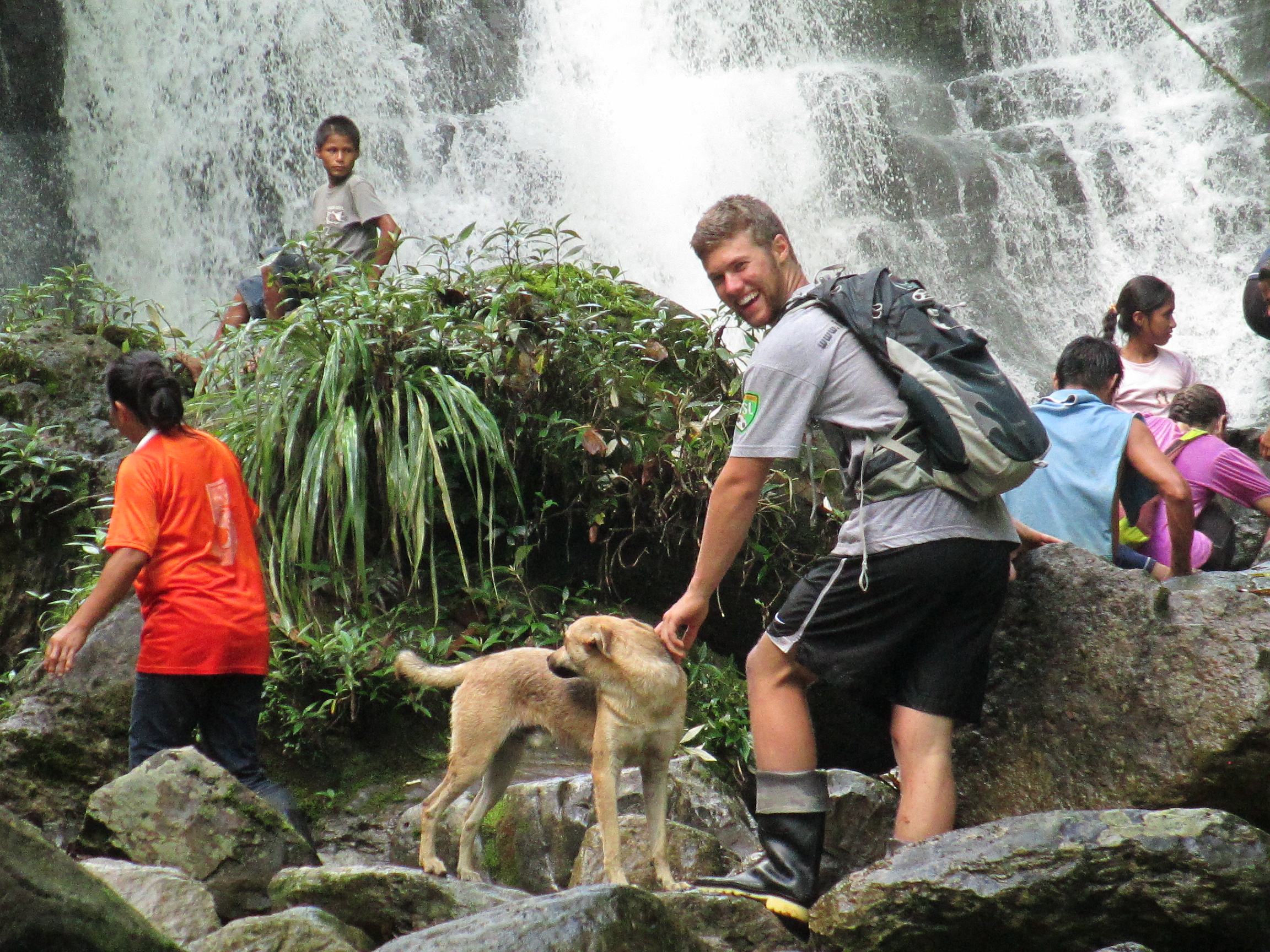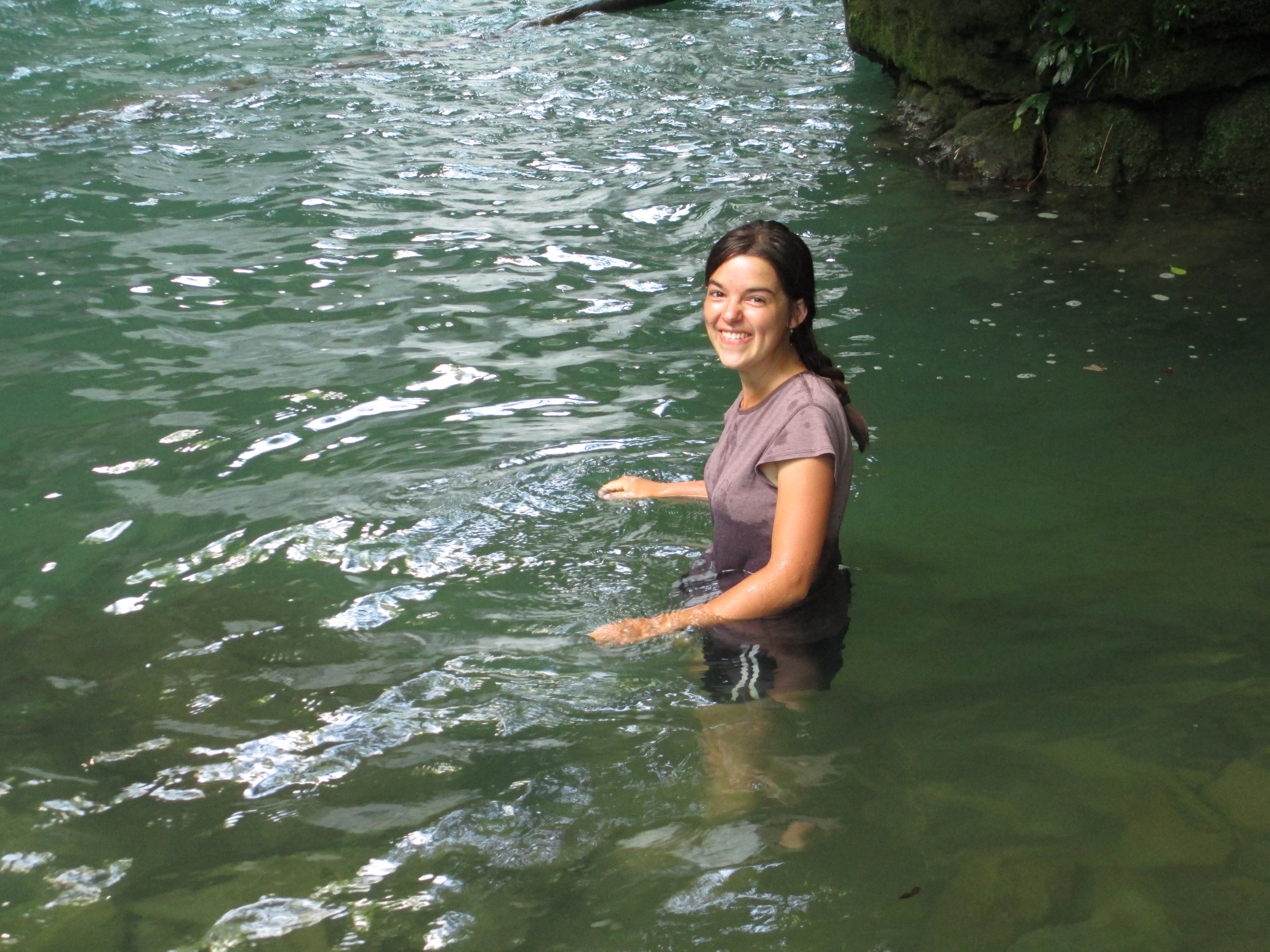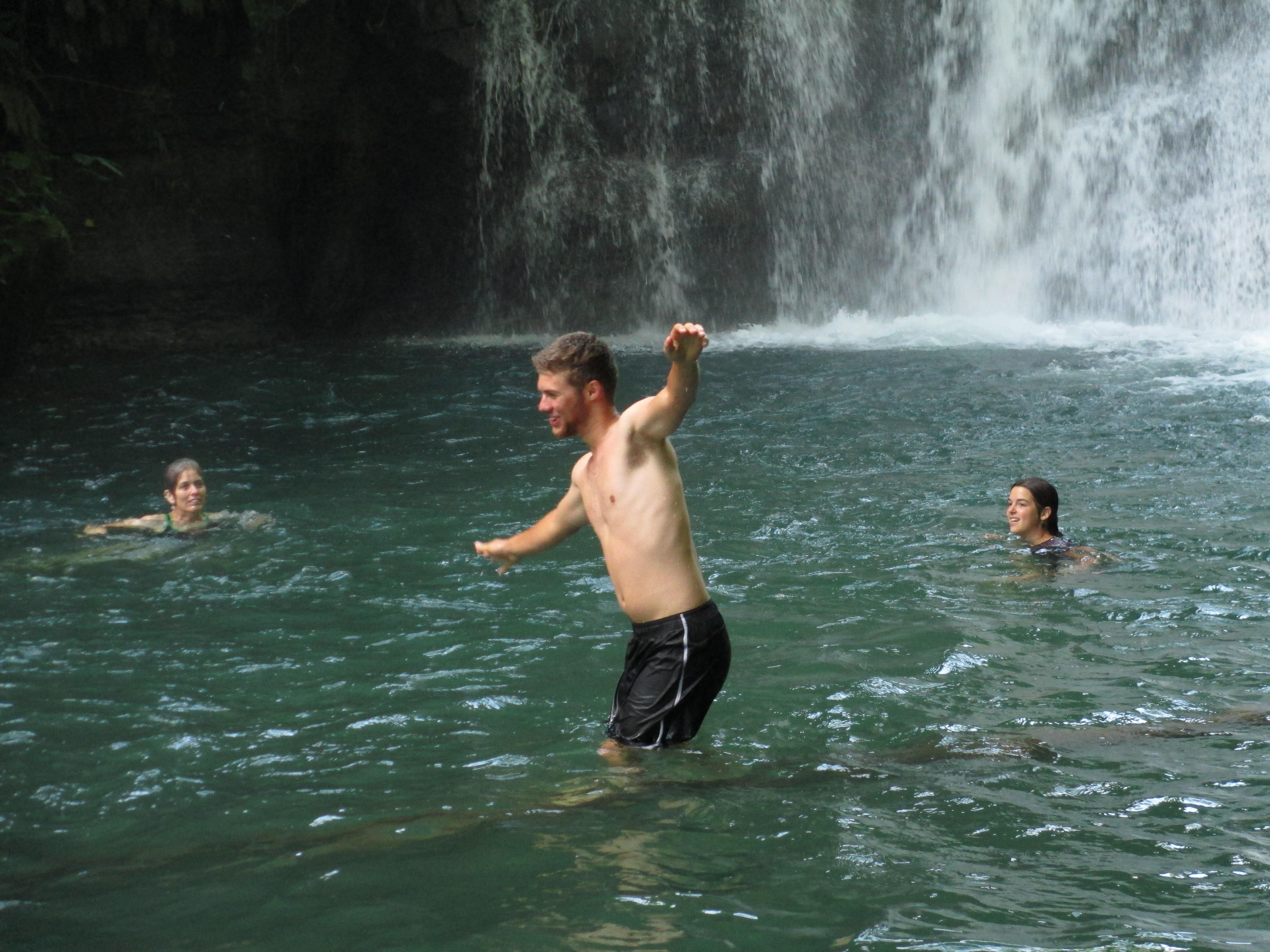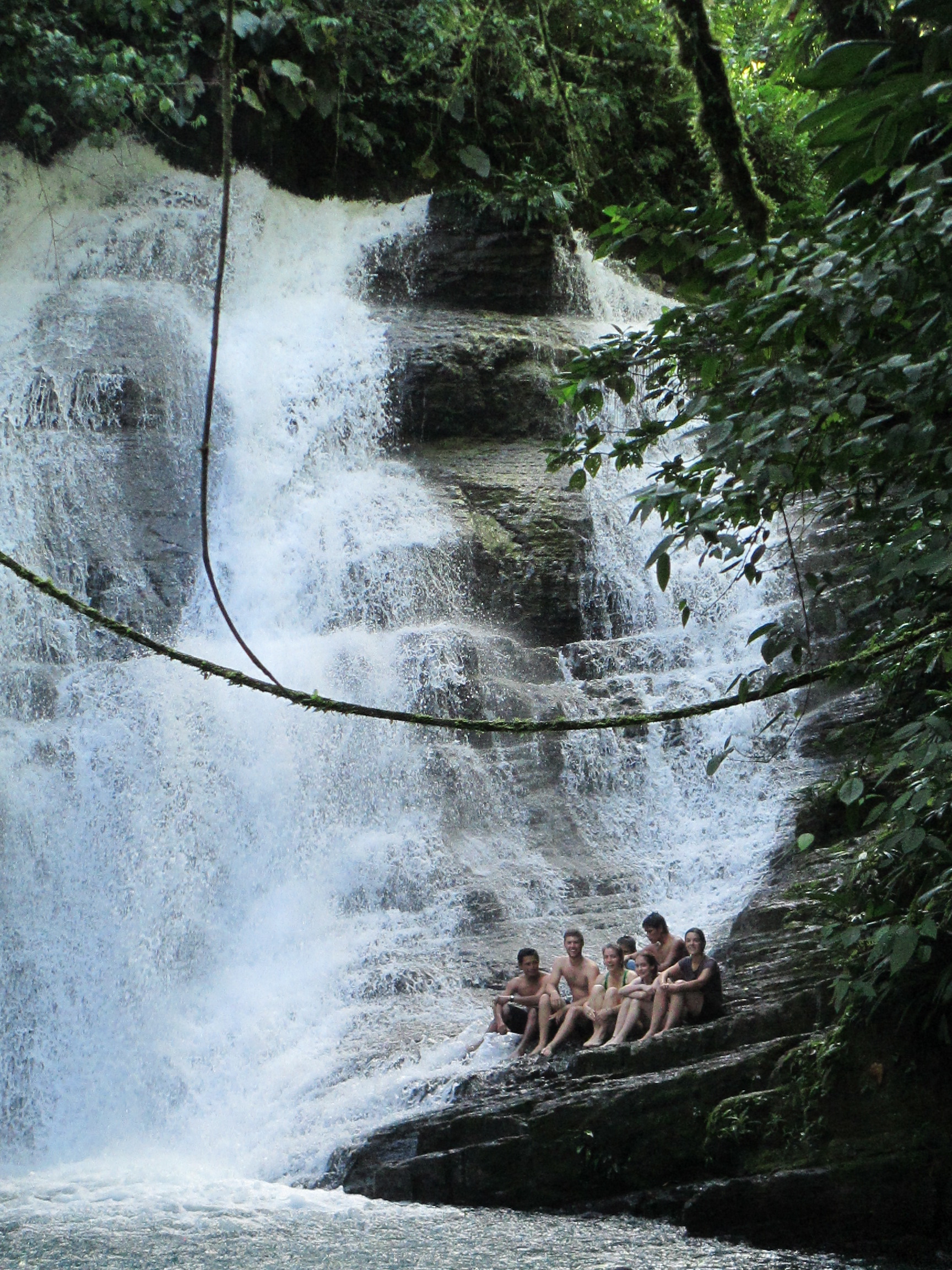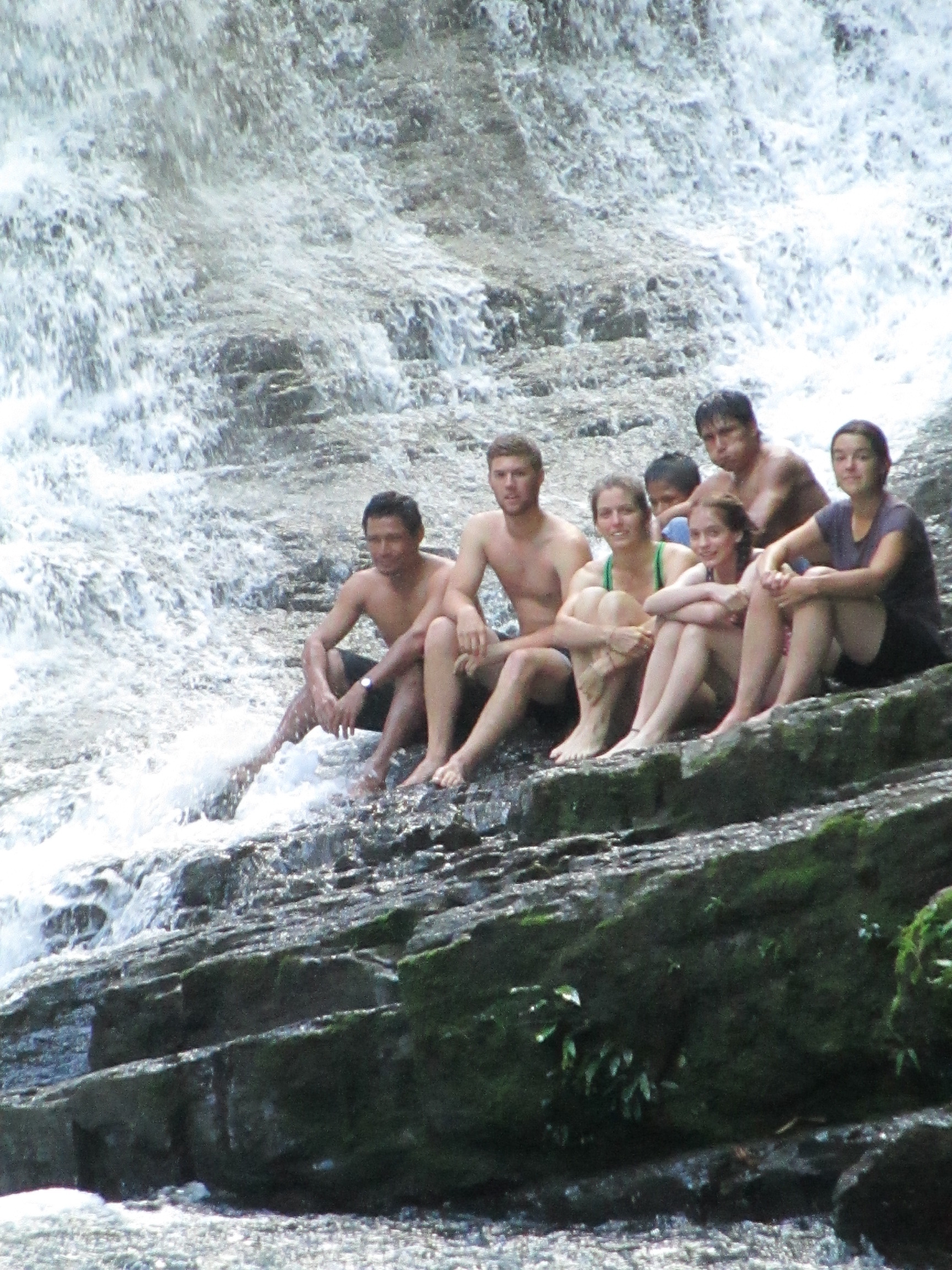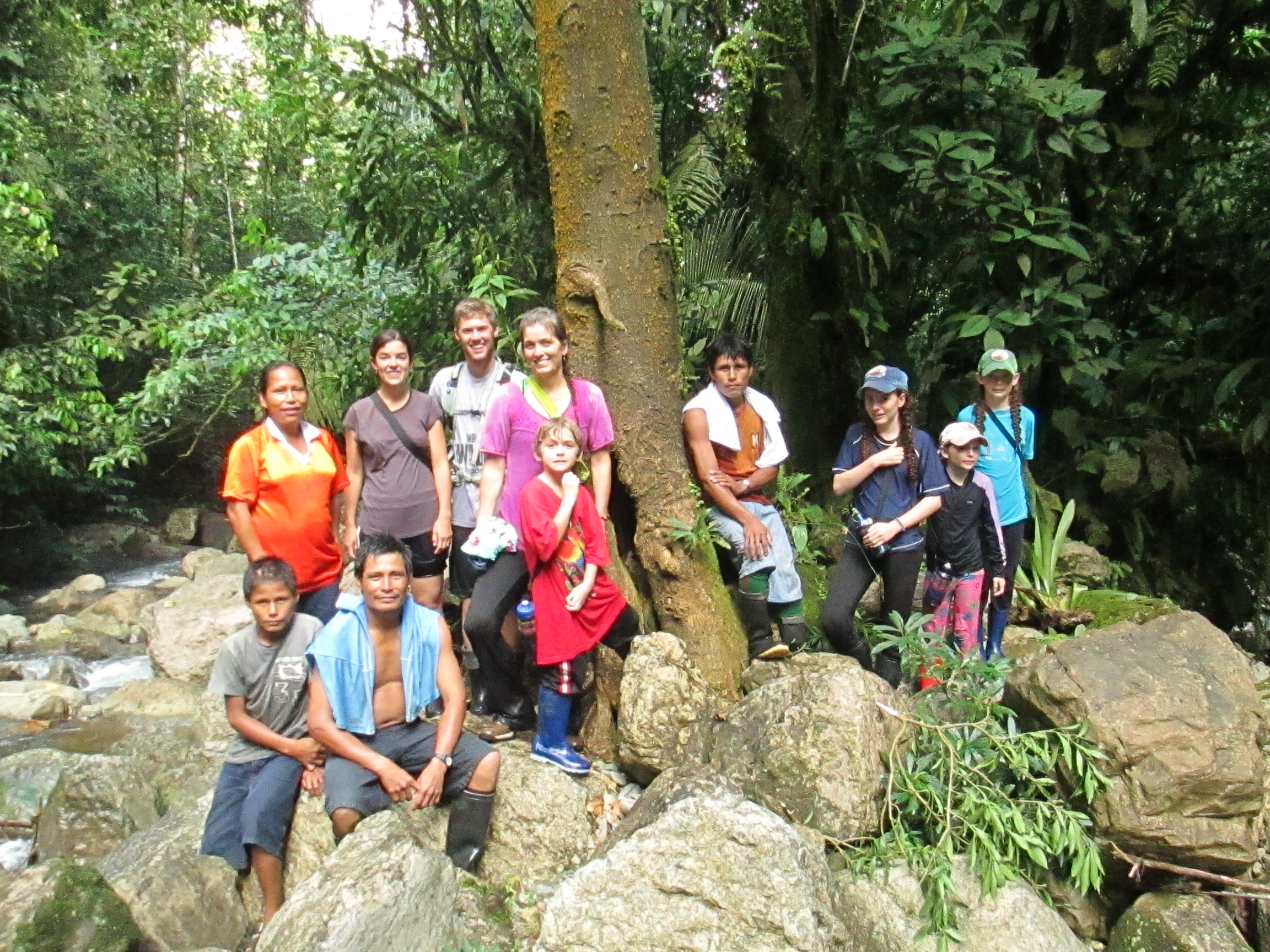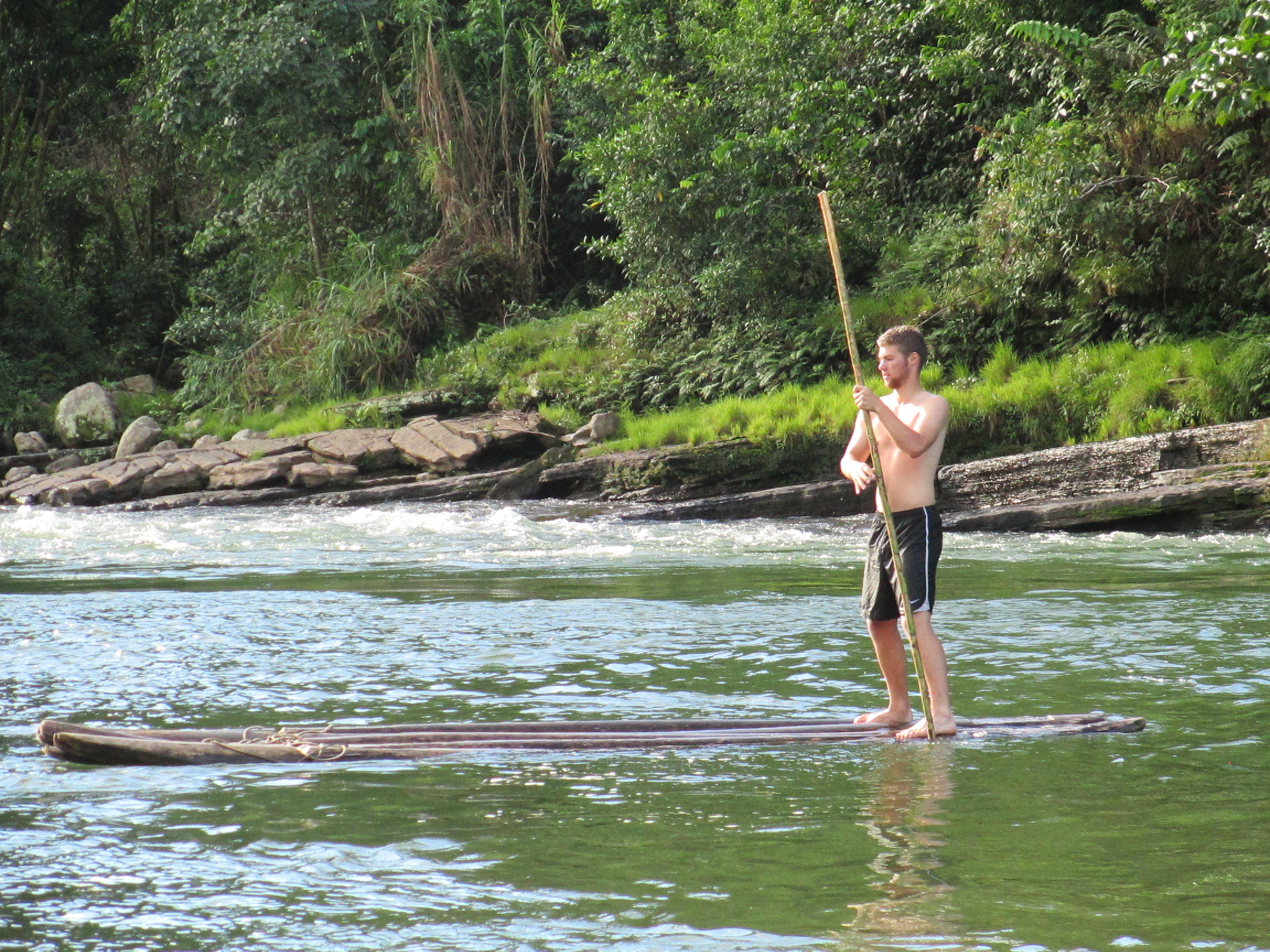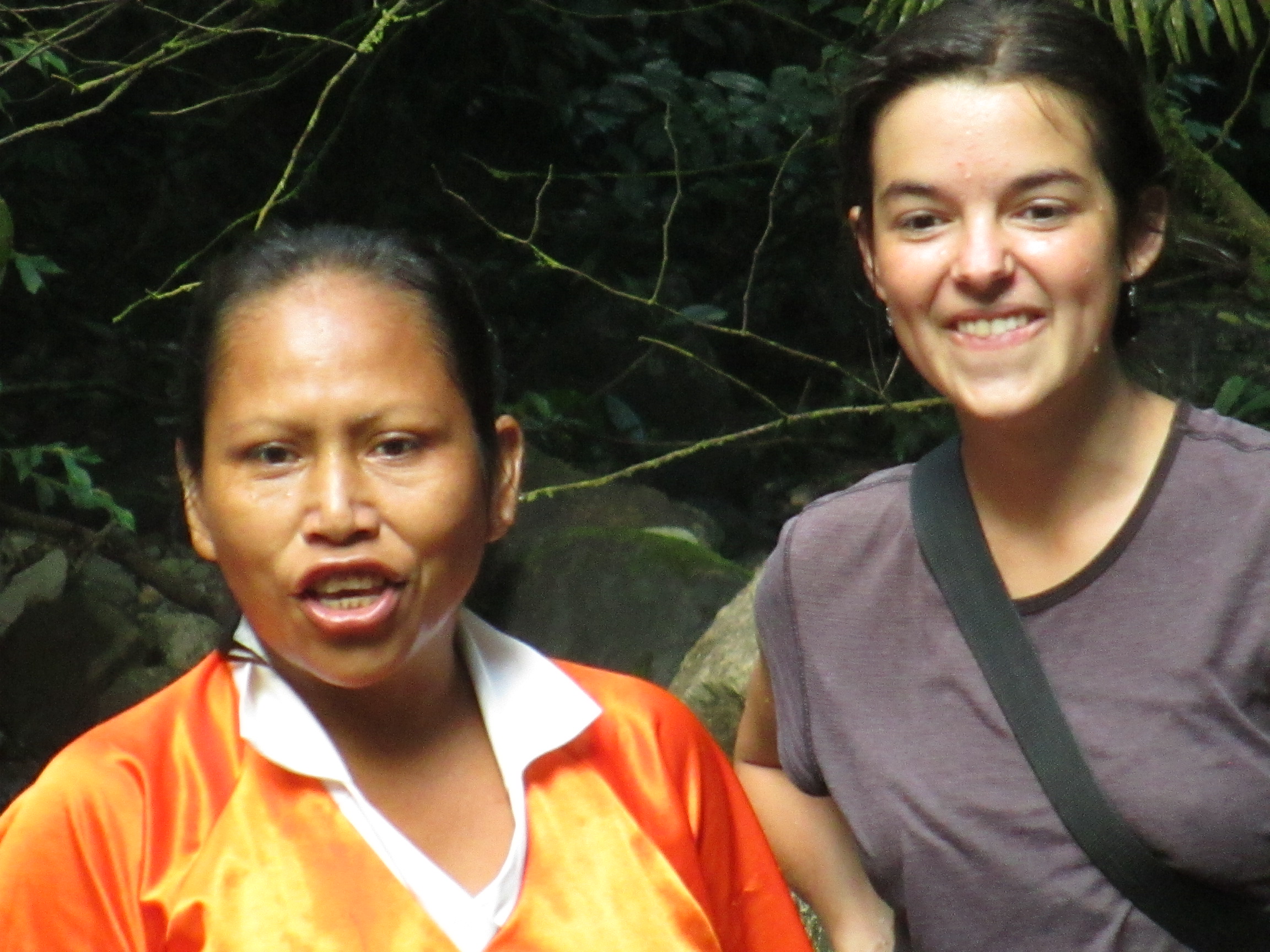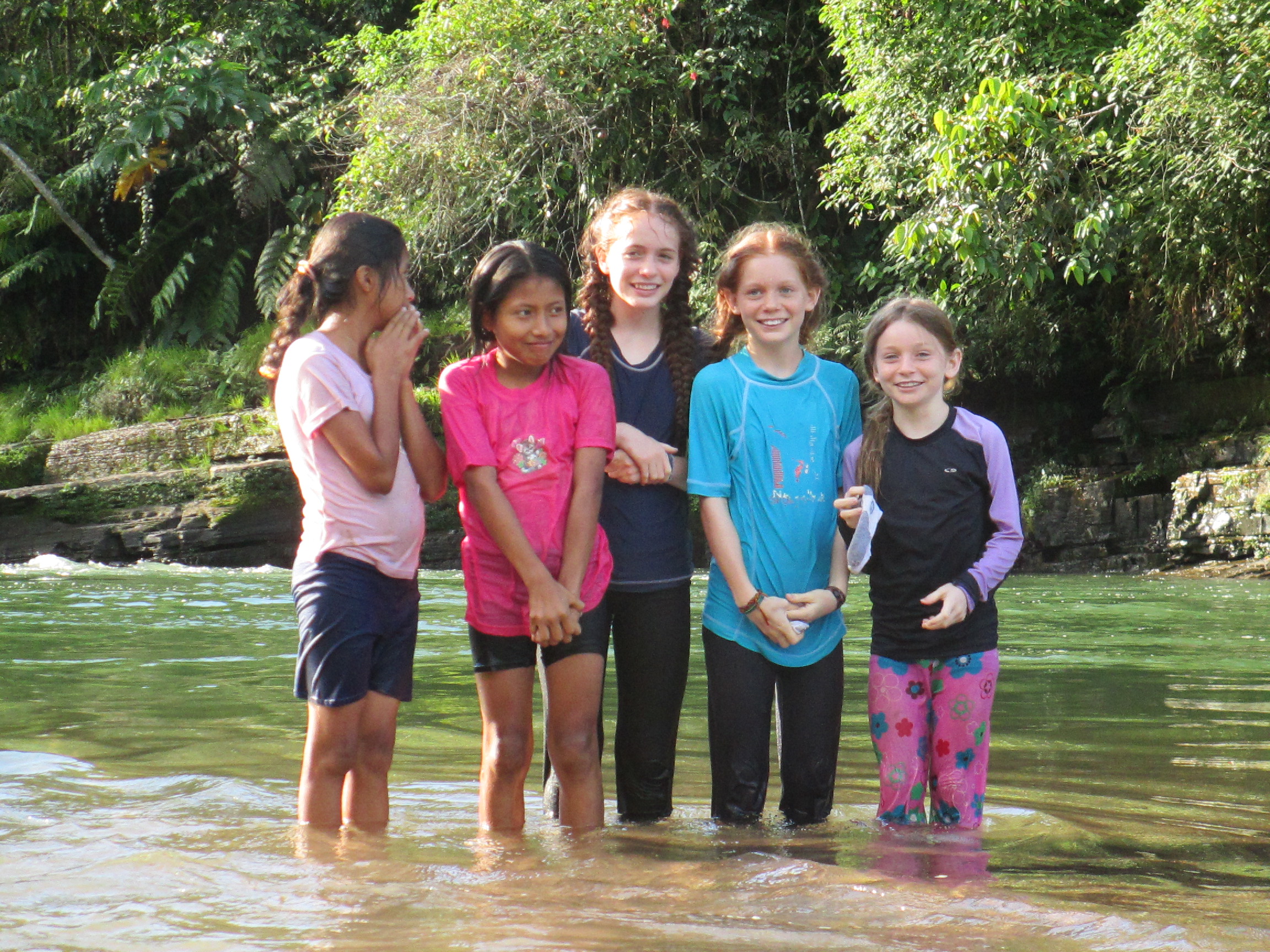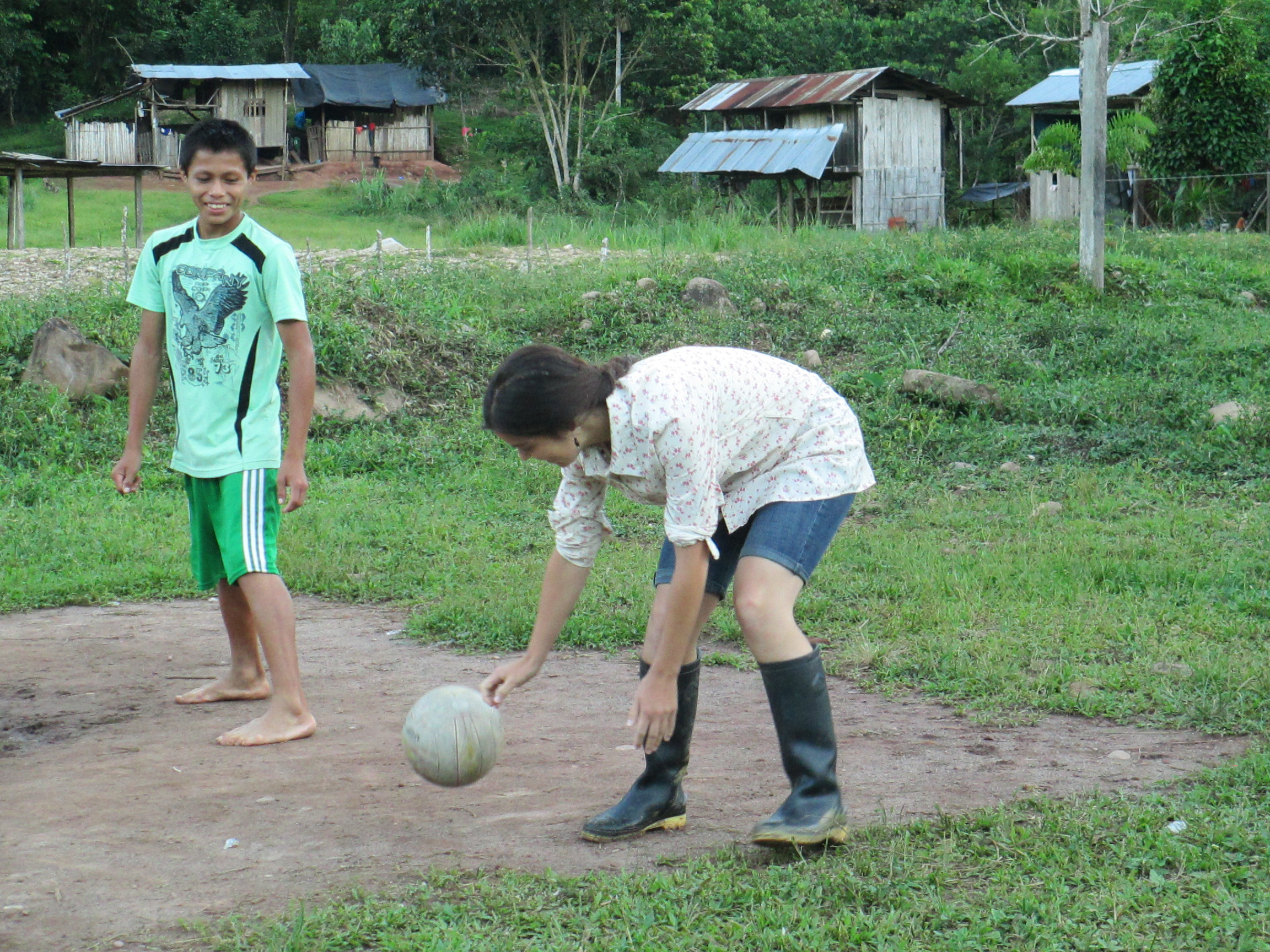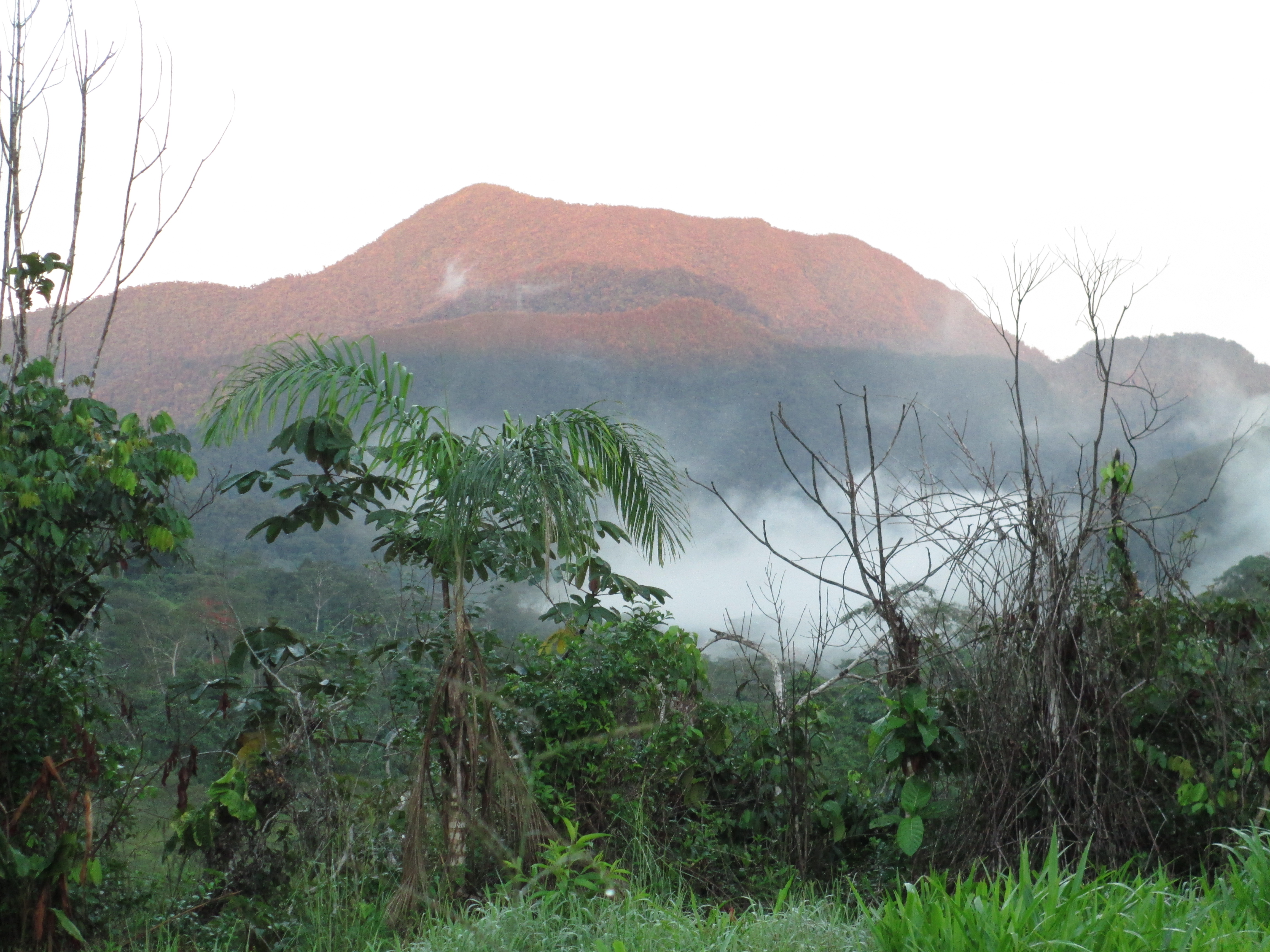Service in Azulis
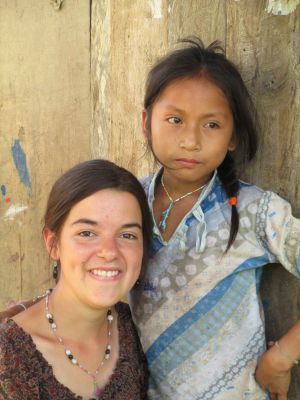
The community of Azulis is named for the clear, blue water of the river nearby. The village was established by four native curanderos (healers) and their families a century ago. In the 1950s missionaries from the Summer Institute of Linguistics (Wycliffe Bible Translators) ventured into this protected valley and began working with village leaders to write down their language, promote literacy and translate the New Testament into their native tongue: Yanesha. The rain forest is remarkable for its biodiversity and when given the assignment to write down the names of all the birds they knew, village children soon came up with a list of 500 species!
Today many families living in the community attend the Iglesia Biblica Evangelica Yanesha (Yanesha Evangelical Bible Church), an independent body of believers that seeks to follow Christ while maintaining their unique cultural identity. Every family has at least one chacra (farm) where they grow yuca (manioc), pituca (a root with the texture of a potato) and, sometimes, corn, coffee and other crops. The river is teeming with fish and it is common to serve a whole, boiled carachama for breakfast.
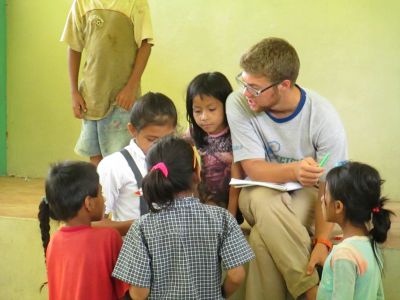
Two students, Rebecca and Lewis, are serving in Azulis this term. The objective of their service, as described to them before departing for the rain forest, is to help improve the quality of life in the community, embracing ancestral practices while also developing modern skills to enable community members to protect their culture and natural resources in an era of rapid change.
Rebecca’s assignment is to engage in social projects dedicated to holistic human health, including initiating conversations with women, cataloguing the varieties of medicinal plants used traditionally and advocating for the rights of women and children in the community.
Lewis’ assignment is to teach English to children in a bilingual (Spanish-Yanesha) primary school and assist the teacher with other activities, such as sports. In addition, both Lewis and Rececca help promote awareness of the importance of responsible trash disposal (e.g. tossing wrappers into trash cans). And, significantly, each has discovered their role as a “learner, observer and exhibitor of curiosity”.
